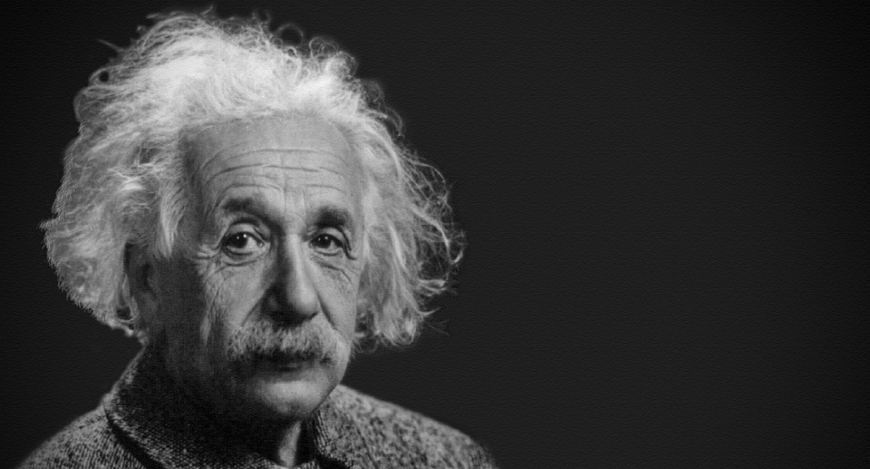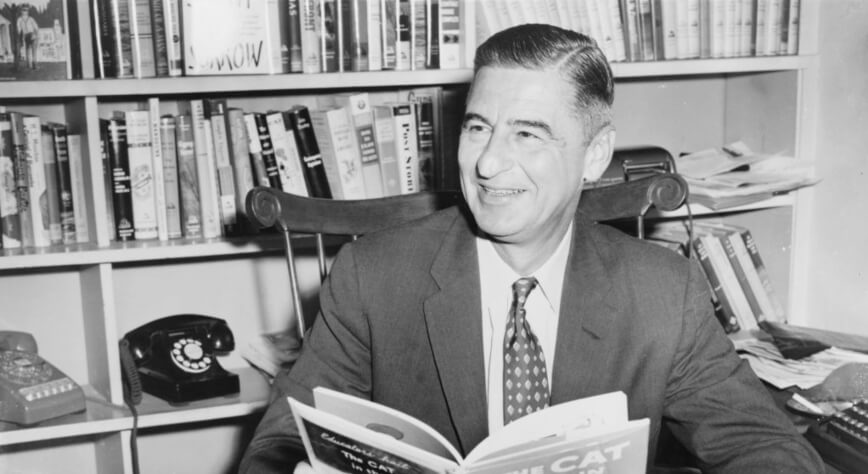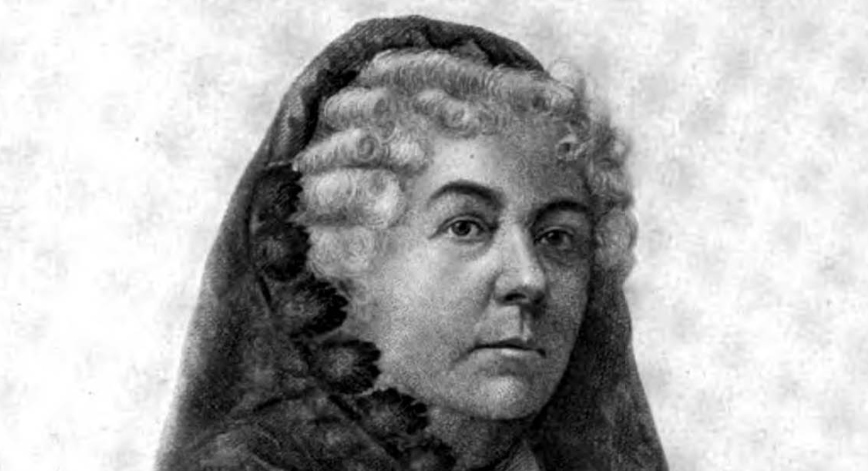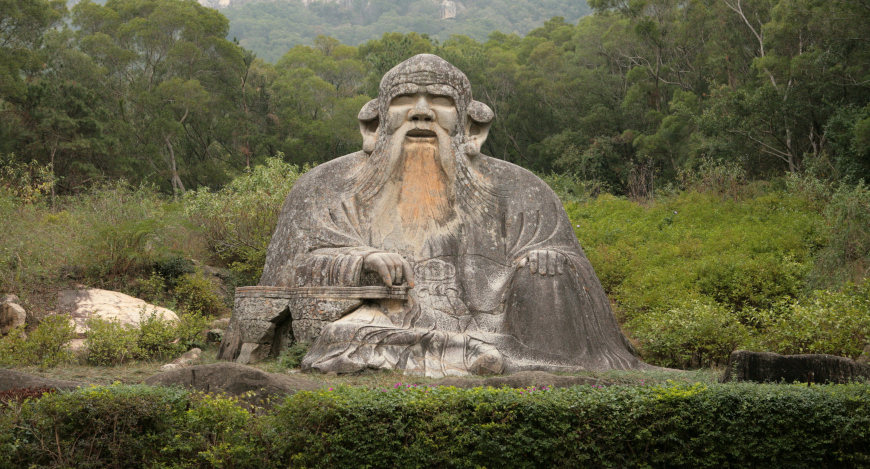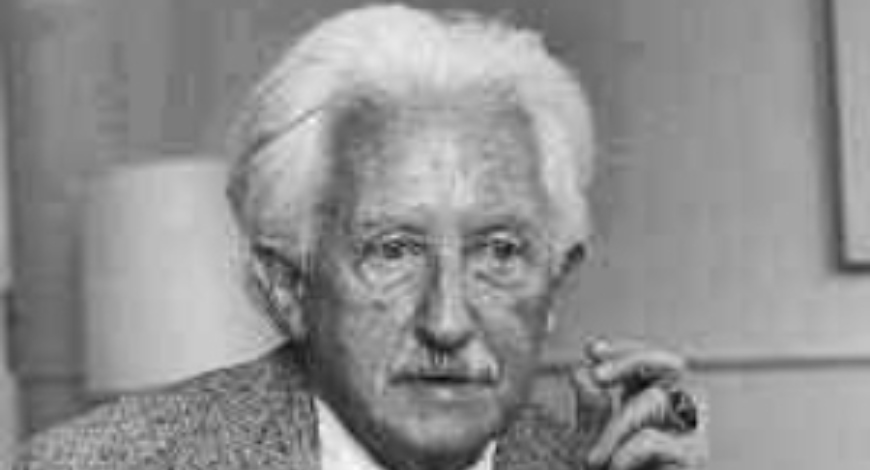Many students don’t like rules, and that’s because rules often make students turn against their consciences and deny what they think is right. Yet obedience to rules is necessary for stability. Schools, families and governments can’t function without adherence to the rules. The tension between our impulse to obey authority and our duty to follow our conscience never goes away.
Many students don’t like rules, and that’s because rules often make students turn against their consciences and deny what they think is right. Yet obedience to rules is necessary for stability. Schools, families and governments can’t function without adherence to the rules. The tension between our impulse to obey authority and our duty to follow our conscience never goes away.
Many students assume they are just a number and don’t really matter in the world. They don’t think of themselves as role models with responsibilities to other people. Yet, like it or not, their behavior is being watched and they are having an influence on those around them in important, unseen ways. Becoming more aware of their impact makes students more compelled to act in ethical ways.
Honesty is a character trait to which most people aspire. With honesty comes trust and respect from others. Without it comes fear, suspicion and betrayal. Students face daily ethical choices over whether or not they should pursue the path of honesty or embrace deception.
Students understand the dynamics of leadership firsthand, both from the perspective of being a follower of their teachers and being role models for their peers. They have strong opinions about how leaders should behave and what ethical responsibilities they have to others. Central to the challenge of being a leader is to know when to be out in front and when to follow the will of the people.
Students know what it feels like to be hurt. When they are hurt, they have choices to make about how to treat the people who hurt them. These choices give them opportunities to demonstrate empathy and respect for others and to preserve relationships, or break them off. Forgiveness is a moral choice which strikes at the heart of ethical decision-making.
Many students assume they are just a number and don’t really matter in the world. They don’t think of themselves as role models with responsibilities to other people. Yet, like it or not, their behavior is being watched and they are having an influence on those around them in important, unseen ways. Becoming more aware of their impact makes students more compelled to act in ethical ways.
An ambitious person is confident and self-motivated, both of which are qualities we want to see in our children. But ambition sometimes gets us into trouble. It encourages us to compete with others over scarce resources and that causes us to be selfish and uncompromising sometimes. It’s important to recognize that there are other people in the world and we have an ethical obligation to think about their needs as well.
We experience life with other people. This is true in our families, schools and workplaces. We are taught the importance of being individuals and being responsible for our own actions, yet many of our life experiences involve others and our successes and failures are determined by how well we are able to work with other people.
Freedom is a concept near and dear to the hearts of kids. Freedom means they can do what they want, when they want. But there are limits to freedom placed on children by parents, schools and society. When kids confront these limits they must decide whether or not to disobey the rules or conform to them. This is an inescapable ethical dilemma that stays with them for the rest of their lives.
Every student knows a little something about enemies and conflict. They don’t get along with everybody and these inevitable conflicts force them to make choices about how to treat other people. These choices have real consequences as they impact their capacities to build and sustain friendships.
Students confront problems everyday. Some are small like how to study for an exam or get a ride to school, and some large like how to support their friends who are in unhealthy relationships. All of these problems involve the choice of whether to intervene or do nothing and let the situation play itself out. Each choice is hard and leads to consequences.

